Philebus
Philebus
The Philebus appears to be one of the later writings of Plato, in which the style has begun to alter, and the dramatic and poetical element has become subordinate to the speculative and philosophical.
Book Excerpt
Phaedrus; here he dwells on the importance of dividing the genera into all the species, while in the Phaedrus he conveys the same truth in a figure, when he speaks of carving the whole, which is described under the image of a victim, into parts or members, 'according to their natural articulation, without breaking any of them.' There is also a difference, which may be noted, between the two dialogues. For whereas in the Phaedrus, and also in the Symposium, the dialectician is described as a sort of enthusiast or lover, in the Philebus, as in all the later writings of Plato, the element of love is wanting; the topic is only introduced, as in the Republic, by way of illustration. On other subjects of which they treat in common, such as the nature and kinds of pleasure, true and false opinion, the nature of the good, the order and relation of the sciences, the Republic is less advanced than the Philebus, which contains, perhaps, more metaphysical truth more obscurely expressed than any other Platonic dialogue.
Editor's choice
(view all)Popular books in Philosophy, Fiction and Literature
Readers reviews
0.0
LoginSign up
Be the first to review this book
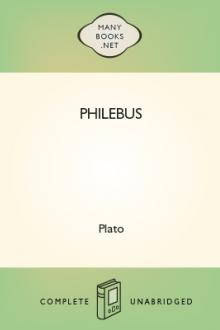
 Free Download
Free Download























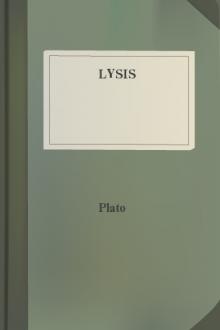
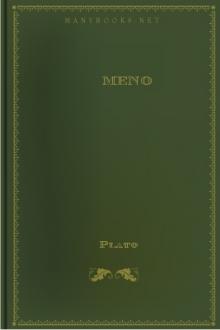
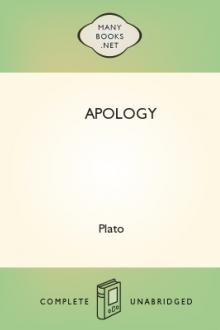
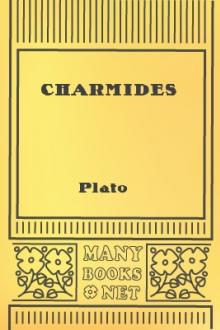
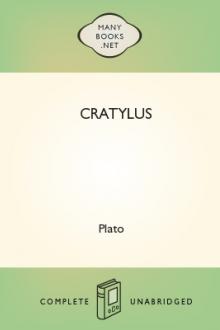
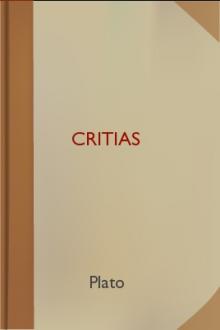
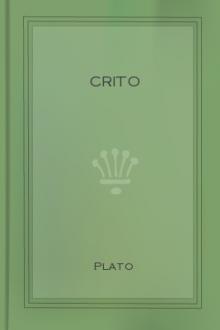
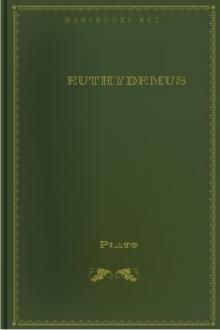
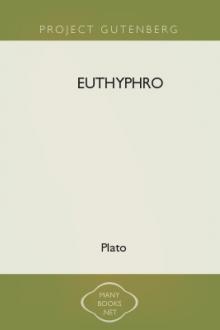
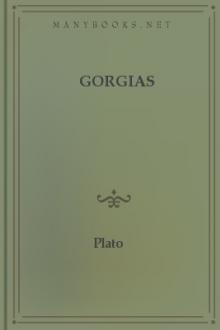
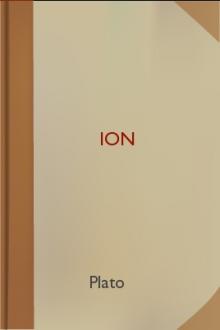
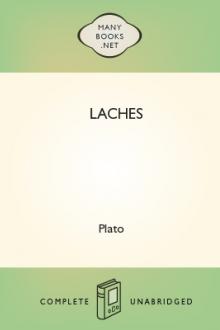
-itok=vcKIB5v1.jpg)